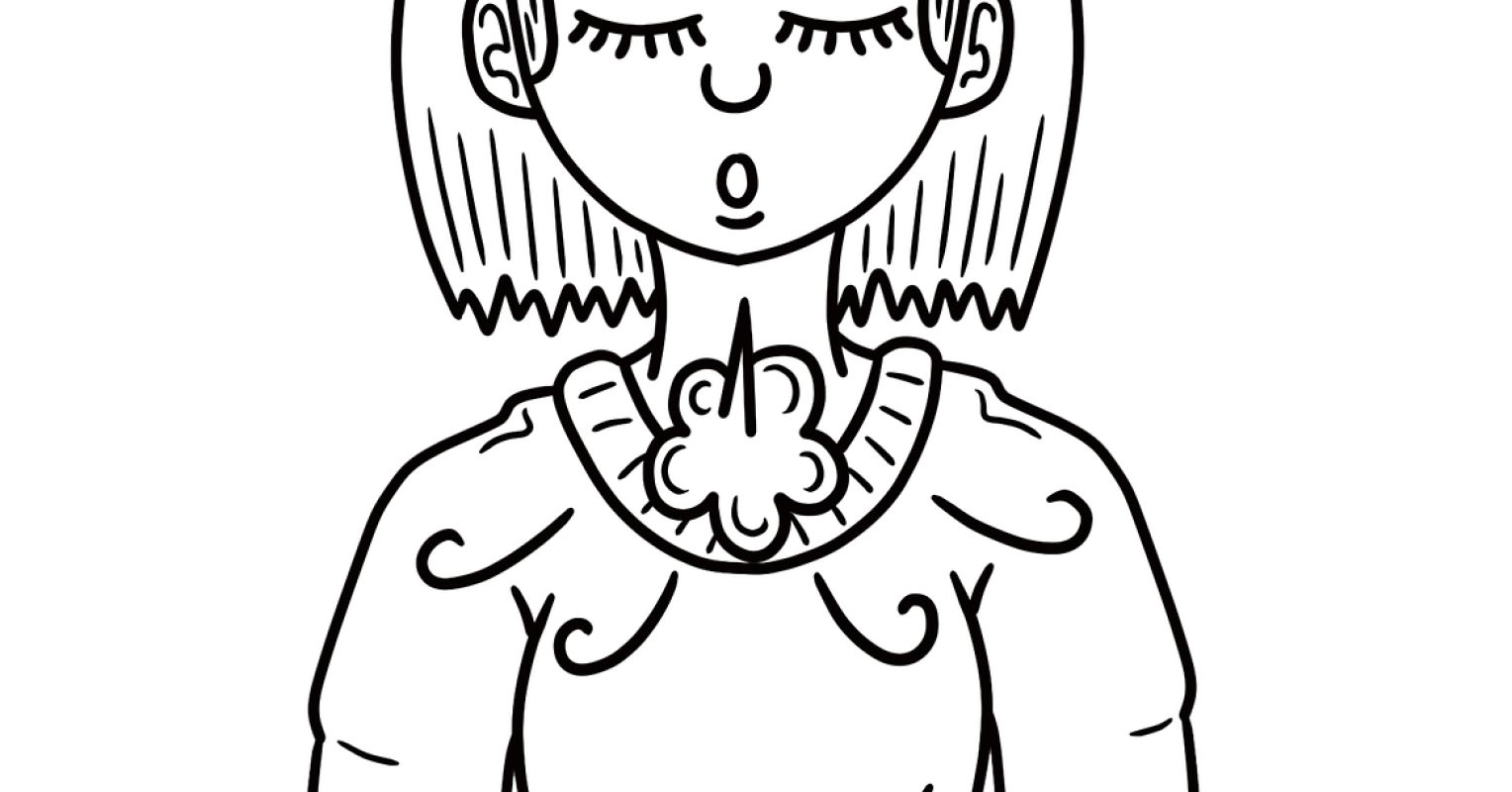
"The sigh plays a role in monitoring brain state changes, controlling arousal, and homeostatically regulating breathing variability. These functions are critical for day-to-day activities."
"Interestingly, researchers have noticed that people sigh more when they are stressed or emotional. More specifically, sighs reset emotional states by facilitating emotional transitions."
Sighing functions as an autonomic respiratory reflex crucial for maintaining healthy lung function and emotional regulation. Humans typically experience around 12 spontaneous sighs per hour, which help reset collapsed alveoli in the lungs. Beyond its respiratory purpose, sighing serves as a significant indicator of emotional states. Chronic or noticeable sighing may signify stress or depression, with research indicating that these sighs can facilitate transitions between emotional states, thereby aiding individuals in managing their mental health.
Read at Psychology Today
Unable to calculate read time
Collection
[
|
...
]